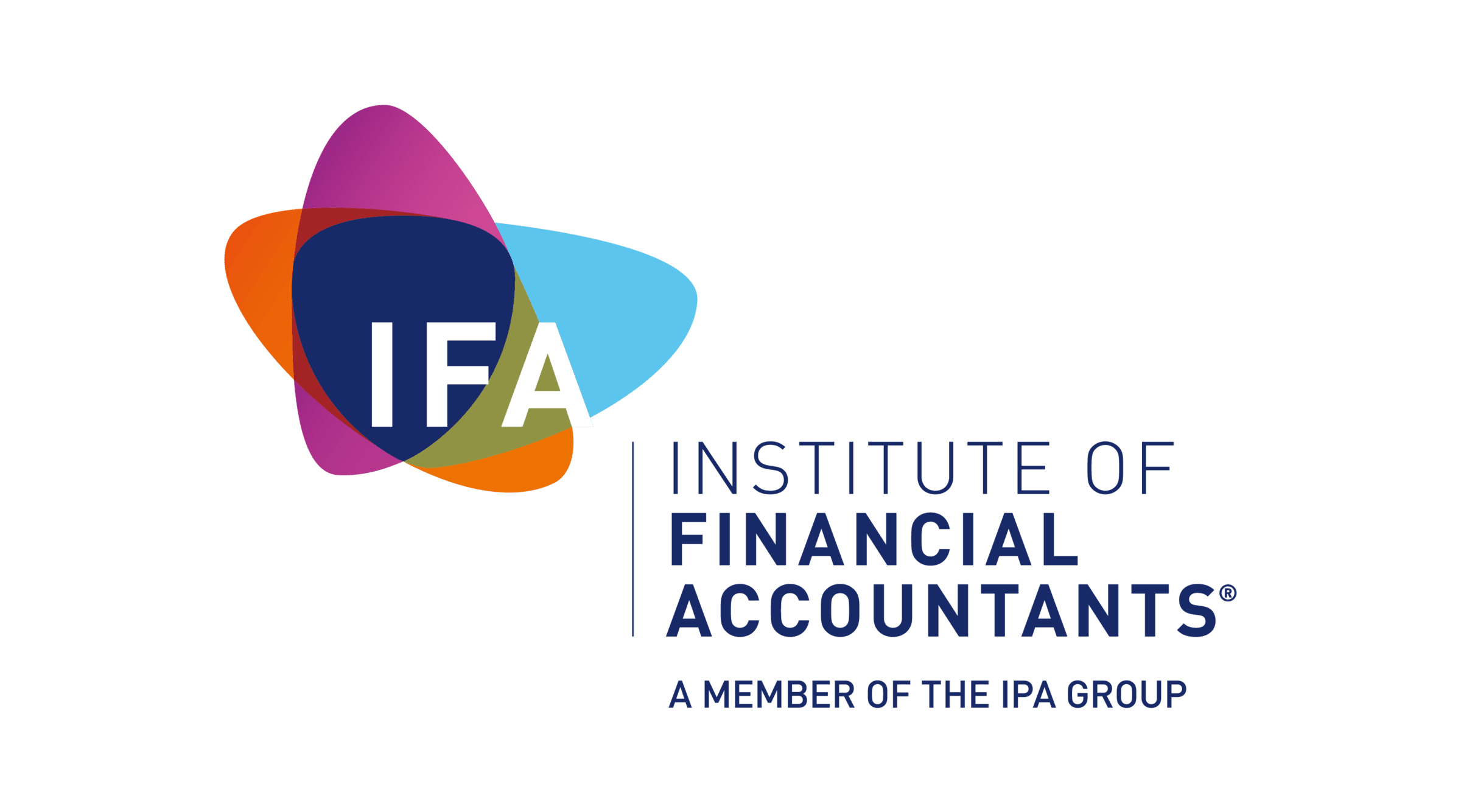Running a small business comes with many challenges, and managing finances effectively is crucial for long-term success. However, many business owners unknowingly make accounting mistakes that can lead to cash flow issues, tax penalties, and even business failure. Here are some of the most common accounting pitfalls and how to avoid them.
1. Poor Cash Flow Management
The Mistake: Many small businesses struggle with cash flow because they fail to track income and expenses properly. This can result in unexpected shortfalls that make it difficult to pay suppliers, staff, or bills.
How to Avoid It: Create a cash flow forecast and update it regularly. Monitor incoming and outgoing payments to ensure there’s always enough cash on hand to cover essential costs. Consider using accounting software to automate tracking and reporting.
2. Not Separating Business and Personal Finances
The Mistake: Mixing business and personal finances is a common issue for sole traders and small business owners, leading to confusion and difficulty in tracking expenses.
How to Avoid It: Open a separate business bank account and use it exclusively for business transactions. This makes bookkeeping simpler and ensures accurate financial reporting.
3. Failing to Keep Accurate Records
The Mistake: Incomplete or disorganised financial records can lead to incorrect tax returns, missed deductions, and compliance issues.
How to Avoid It: Keep detailed and up-to-date records of all transactions, including receipts, invoices, and bank statements. Use accounting software like Xero or QuickBooks to streamline record-keeping and reduce errors.
4. Missing Tax Deadlines
The Mistake: Forgetting tax deadlines or underestimating tax liabilities can result in penalties and fines from HMRC.
How to Avoid It: Mark key tax dates on your calendar and set reminders. Consider working with an accountant to ensure timely and accurate filings. Setting aside money each month for taxes can also prevent cash flow problems when payments are due.
5. Overlooking Allowable Expenses
The Mistake: Many small business owners fail to claim all eligible business expenses, leading to higher tax bills.
How to Avoid It: Understand what qualifies as a deductible expense, such as office supplies, travel costs, and professional fees. Keep receipts and categorise expenses properly to maximise deductions.
6. Incorrectly Processing Payroll
The Mistake: Payroll errors, such as miscalculating wages, missing pension contributions, or failing to comply with PAYE requirements, can lead to fines and unhappy employees.
How to Avoid It: Use payroll software to automate calculations and ensure compliance. Regularly review payroll reports and stay informed about changes in employment laws.
7. Not Planning for Growth
The Mistake: Many business owners focus on short-term finances without considering long-term growth and financial sustainability.
How to Avoid It: Develop a financial strategy that includes budgeting for expansion, investing in new opportunities, and managing debt wisely. Regularly review your business plan to align financial decisions with your goals.
8. DIY Accounting Without Expert Help
The Mistake: Trying to manage all accounting tasks without professional guidance can lead to costly errors and missed opportunities.
How to Avoid It: While small businesses can handle basic bookkeeping, working with an accountant ensures compliance, tax efficiency, and strategic financial advice.
Final Thoughts
Avoiding these common accounting mistakes can save your business time, money, and stress. By implementing good financial practices, using reliable accounting software, and seeking professional advice when needed, you can keep your business finances on track and set yourself up for success.
If you need expert accounting support, Tyne Valley Accountants is here to help. Get in touch today for personalised financial guidance tailored to your business needs.

